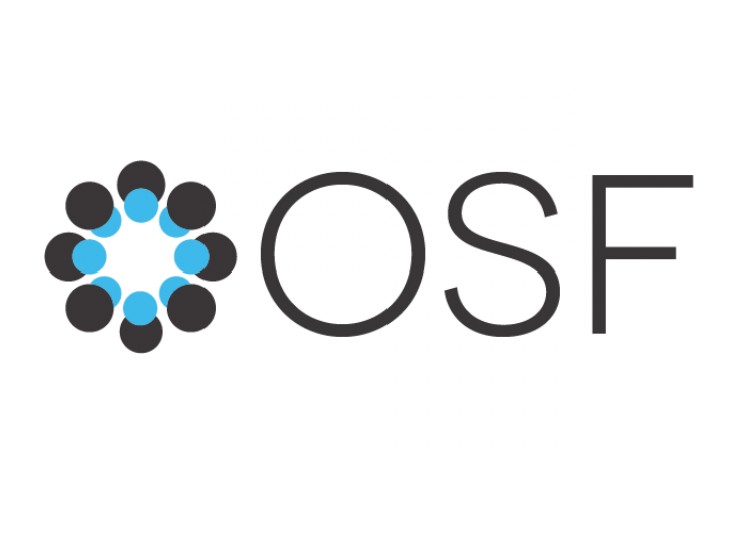The spread of misinformation about COVID-19 vaccines threatens to prolong the pandemic, with prior evidence indicating that exposure to misinformation has negative effects on intent to take the vaccine. Here, we describe results from randomized experiments in the U.S. (n=5,075) that allow us to measure the effects of factual corrections on false beliefs about the vaccine, as well as vaccine intent. Our evidence makes clear that corrections eliminate the effects of misinformation on beliefs about the vaccine, but that neither misinformation nor corrections affect vaccine intention. Our experiments also allow us to evaluate how formatting changes to the presentation of corrections alter the overall effects of corrections. We find that corrections without any formatting modifications are effective at reducing false beliefs, with formatting variations playing a very minor role. Factual corrections are powerful tools in the fight against misinformation during the COVID-19 pandemic, with effects robust to a wide variety of formatting changes.
Delays in uptake of COVID-19 vaccines may prolong the pandemic, with perilous consequences for public health (Wood and Schulman, 2021). The spread of misinformation about the vaccines compounds the challenge, as such misinformation may depress vaccine uptake (Rosenbaum, 2021). While meta-analyses show that factual corrections in general reduce false beliefs (Man-pui et al., 2017; Walter et al., 2019), prior research has found that correcting misinformation about vaccines in particular can not only fail to improve accurate beliefs (Pluviano, Watt and Della Sala, 2017), but entrench unwillingness to receive vaccinations among those previously skeptical of vaccines (Nyhan and Reifler, 2015). Indeed, consistent evidence indicates that misperceptions about health crises are difficult to dislodge (Carey et al., 2020). Recent survey evidence indicates that more than 1/3 of Americans inaccurately believe that dangerous side effects of COVID-19 vaccines are not being disclosed to the public (Kaplan and Milstein, 2021). Social media companies have taken a variety of steps to stanch the flow of misinformation about the disease and vaccines, including directing users to accurate information, labeling claims as false (Thorbecke, 2021), and removing false claims about the vaccines from their platforms altogether (Bond, 2021).


